Werebeast
I dunno, shapeshifting is one of the most ancient powers associated with magic and witchcraft. Being a witch, it makes sense that I'd be able to shift into a Hare. And that was one of the few Literomantic powers I had prior to the awakening of The Iron Tome.Werebeasts are Literomancers with the ability to shapeshift into one or more animal forms. Usually, they can also take "half-forms," such as an anthropomorphic rabbit. While not all literomancers can shapeshift in this way, it is a fairly common power, and is often dictated by the totemic relationship a Great House has with a given animal. Many of the royal families of the Houses can shapeshift into the animal on their banner. Werebeasts exist that do not shapeshift into the animals associated with their House, however. Werecats, for example, are not uncommon. There are also cryptid werebeasts, such as Prince Jean, a were-Jackalope, and werebeasts of animals that are extinct, such as many members of House Sauropoda.
Basic Information
Anatomy
In human form, werebeasts are indistinguishable from normal humans, though some possess features that reflect their animal side. In beast form, they are only distinguishable from normal animals by their superior intellect, and occasionally, by literomantic "markers" that would not be natural to a normal animal of their type. In either form, there is no scientific way to distinguish them from normal members of the species, as the therianthropic ability is totemic, not scientific.
Biological Traits
There appears to be no significant difference between werebeasts and humans, aside from their shapeshifting abilities. However, they may be marked by some traits of their animal forms. Queen Sable, a small hare, is also small in her human form. Bethany Black, a werebear, is large in her human form as well.
It is not unusual for werebeasts to develop multiple tails in the course of their lives, which has some relationship to age and relative power. This is not a trait of all werebeasts, and is far more common to some werebeasts than others. No werebeast with more than nine tails has ever been recorded.
Genetics and Reproduction
Most werebeasts can choose to reproduce as a human or as the animal type they are.
Human babies are conceived and born in the normal human fashion. If babies are birthed in beast form, at about three months old they usually shapeshift into a human toddler. Unless they, too, become totem-connected literomancers, they maintain that form for the rest of their lives, developing from that point as a normal human child would.
Ecology and Habitats
Like their human aspect, werebeasts can be found in any given climate and habitat on planet Earth, and even some extradimensional environments, such as the Fae Realm or The Void.
Dietary Needs and Habits
Like humans, werebeasts are omnivores in their human forms. In beast form, however, they typically have the same dietary needs as their type of animal. Most werebeasts maintain diets that are similar to those of both human and beast forms to avoid digestive upset when shifting.
Biological Cycle
Occasionally, when there is a noticeable shift in their animal side's biology or behaviour that depends on seasonal changes, a werebeast will also manifest aspects of this. For example, Senna Nightshade's stoat form's fur coat became white in the winter, Queen Sable's hare form is fluffier, and Bethany Black, a werebear, gets surly and lethargic.
Behaviour
Werebeasts often manifest some behavioural traits of their animal sides, although these are not overwhelming instincts. The Lapins tend to be twitchy and quick-witted, Erin Righ has a notable temper and a stubborn streak as a werewolverine, and the large cats, such as James Woodwright and Cheetya Ironfist, have strong aggression and hunting instincts. Flubb, a Maine Coon werecat, is as loyal and affectionate as might be expected of that breed, and also has a strong "mothering" instinct, which she tends to manifest in Queen Sable's direction. Barbarossa the Wayfinder, a weredog, is protective, loyal, and has a legendary sense of humour. Princess ShyRedFox and Foxx, both kitsune (werefoxes,) are known for their sense of mischief.
Additional Information
Social Structure
As might be expected, werebeasts often take on the social traits of the cultures that raised them. Bird-raised werebeasts will flock, if their bird species is one that does so. Human-raised werebeasts will congregate in social groups as humans do. Some animal instincts do seem to have an influence among human-raised werebeasts even so, however. For example, Wererabbits seem to prefer large families.
Geographic Origin and Distribution
Everywhere
Average Intelligence
Werebeasts tend to score high-normal to high when compared to humans. However, this might simply be a side effect of also being literomancers, who, as writers, already tend to score high in this range.
Perception and Sensory Capabilities
Werebeasts often have, or can make use of, some of their animal senses even in human form, and vice versa. This may require a partial shapeshift to implement, however. The Mother of Bunnies, for example, tends to manifest large, white hare's ears all the time, even in her human form. This is so that she can take advantage of a hare's superior sense of hearing.
Totemically, all werebeasts can sense one another with their normal senses.
Civilization and Culture
Naming Traditions
The royal families of the literomantic Great Houses maintain the family name associated with their House, which likely goes back to at least the Middle Ages.
Examples: Sable Aradia Lapin, Erin Meles, Siobhan Chiroptera
In modern times, werebeasts are as likely as any literomancers to be known by an alias, or what witches might once have called a "Craft name," which is a name of their choosing.
Examples: Senna Nightshade, Flubb, Cheetya Ironfist, Dazzlinkat
Major Organizations
Most of the Great Houses are, by definition, led by werebeasts. The exception is House Avis, which is led by Regent EGryph, a gryphon. House Ailurus was led by a Werepanda but is now run by a Changeling and a Werecoyote.
Beauty Ideals
Werebeasts tend to appreciate both human beauty, and beauty that would be appreciated by their animal side. Wererabbits think a dewlap in a doe is sexy, weredinosaurs like a good set of healthy scales, and so forth.
Gender Ideals
As a whole, werebeasts don't seem to have a lot of gender-based expectations, even in cultures that normally would. If anything, they seem to be much more likely to be genderfluid, genderqueer, or trans. This, again, could simply be the result of also being literomancers.
Average Technological Level
While most werebeast history is contiguous with human history, there are exceptions, such as the undersea civilization of House Mollusca In these cases, magic and literomancy are integrated parts of technology, and this is becoming increasingly true in human society as well, now that the existence of literomancy is widely known and its power is less limited than it once was.
Common Etiquette Rules
Werebeasts tend to make more allowances for behaviour that is likely driven by their animal sides. For instance, people put up with a lot more chaos and mischief from Foxx and Barbarossa the Wayfinder than they might from a typical human.
Common Dress Code
Clothing usually shapeshifts to accommodate a werebeast's animal or half-animal form. Some, however, design clothing to accommodate partial shapeshifting abilities. Princess ShyRedFox and Queen Sable tend to wear hats that make room for their ears, Clockwocket, a were-parrot, wears clothing that leaves room for his wings, Prince Jean always makes allowances for his antlers, etc.
Common Taboos
It is a point of note that some werebeasts shapeshift into predatory species, and others do not. It is considered extremely rude to eat the corresponding animal of a werebeast when in their territory. The werecats of House Lapin, for instance, do not hunt rabbits in the Lapin Protectorate.
History
It is likely that werebeasts have lived secretly in the world since the dawn of humanity. Even during the dormant period of the Iron Tome, most literomantic Great Houses maintained their shapeshifting abilities, though they had understandably been keeping them secret since at least the Inquisition. It is likely that non-werebeasts at least used to be aware of this, since legends of people who shapeshift into animals have been part of almost every known human culture, and shapeshifting was supposed to be one of the signature powers that marked a mage or a witch.
Werebeasts may be even older than that, however. Considering the existence of House Sauropoda and House Mollusca, it is likely that shapeshifters existed even in their ancient civilizations.
Interspecies Relations and Assumptions
As a rule, werebeasts get along very well with anthropomorphic species that share their animal heritage. The Werebadgers of House Meles, for example, have excellent relationships with the Badgerfolk of their Protectorate. Since the Inquisition no longer exists, they get along just fine with humans and other werebeasts as well.
WIP
Streamer
Missing
Status: Location Unknown
Deceased
Status: Deceased Character
Retired
Status: Retired Character or Article
Genetic Ancestor(s)
Genetic Descendants
Scientific Name
Homo belua
Lifespan
As human, with some exceptions
Conservation Status
Werebeasts as a whole are naturally uncommon, although certain types of werebeast are more common than others
Average Height
As human
Average Weight
As human
Average Physique
Since all werebeasts are literomancers, and therefore, writers, like most writers, they tend to spend more time than they should in their chairs. However, with the influence of Queen Sable and Regent Dazzlinkat urging Tome Knights to stay in better physical shape for the needs of combat, this is changing.
Geographic Distribution
Related Organizations
Related Ethnicities


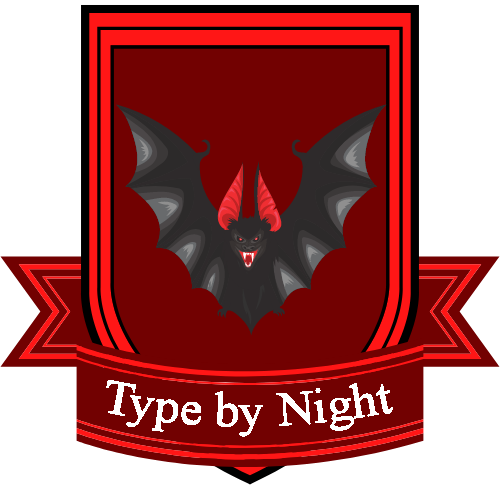
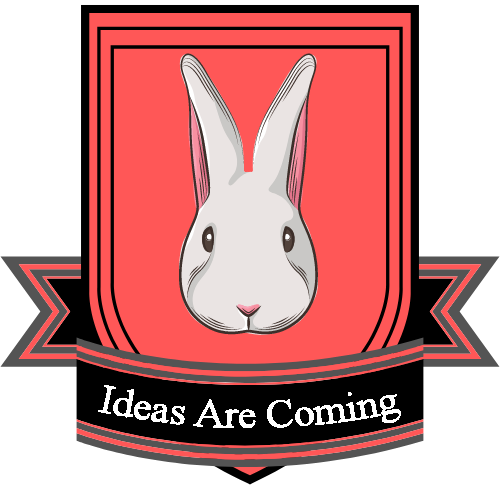
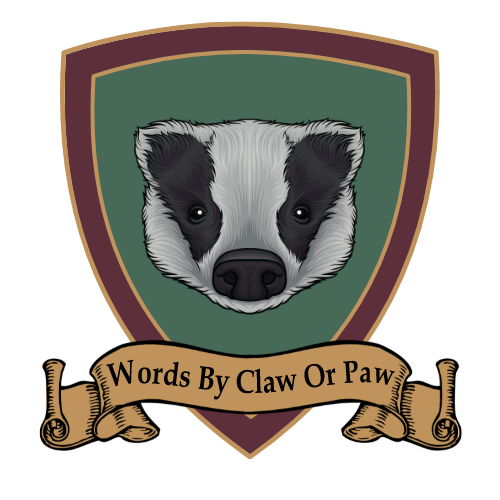
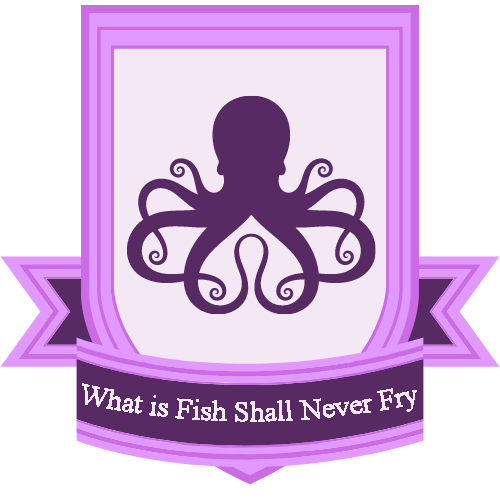


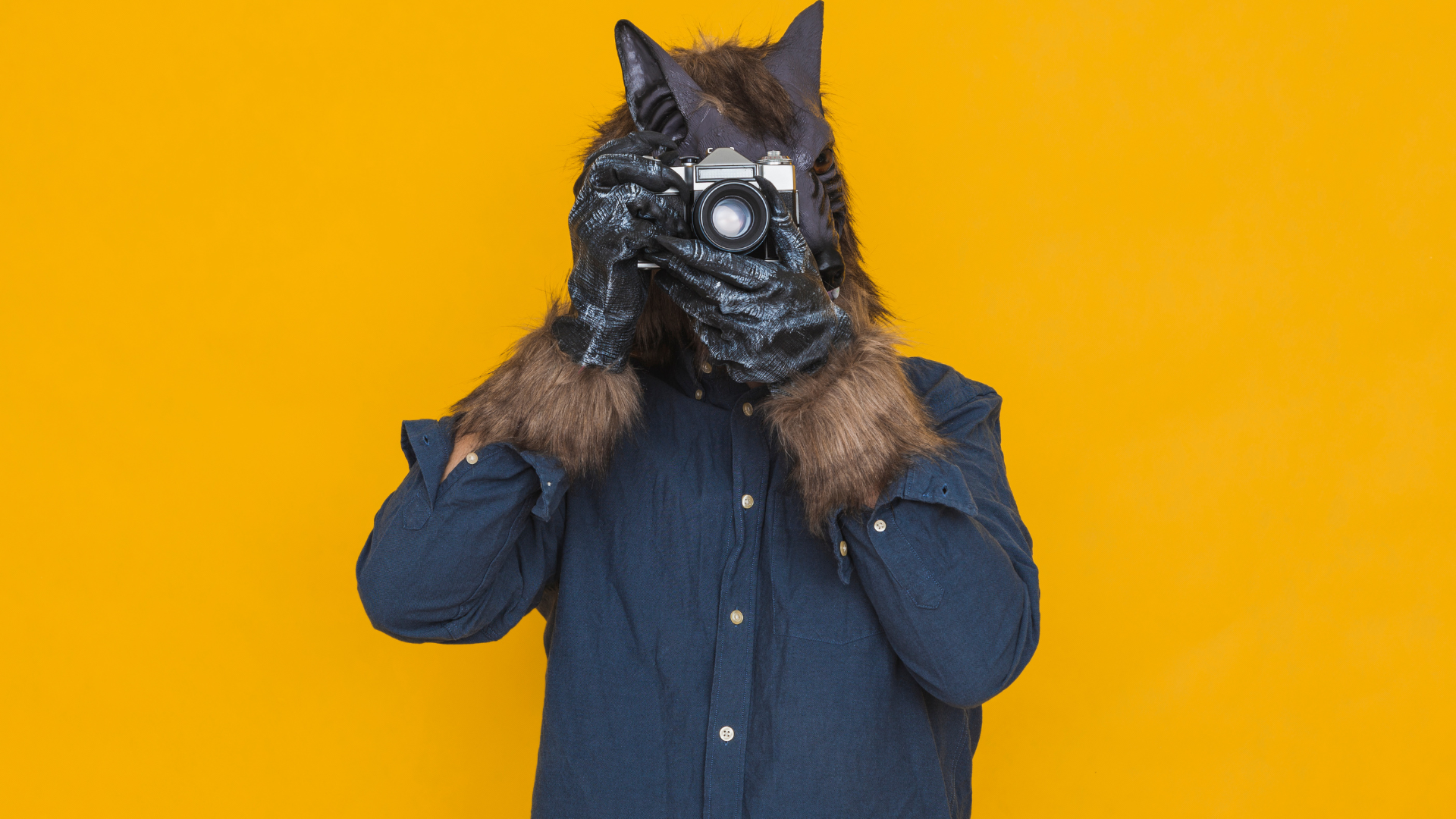
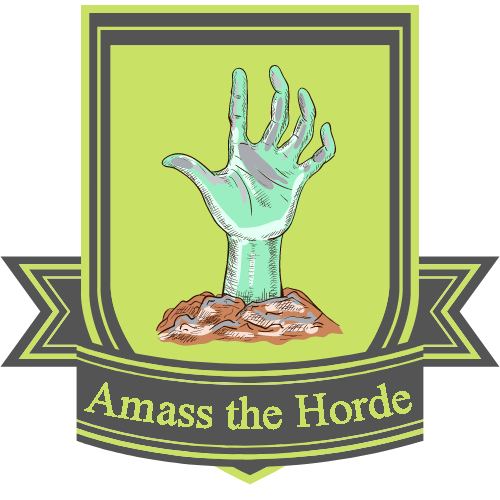

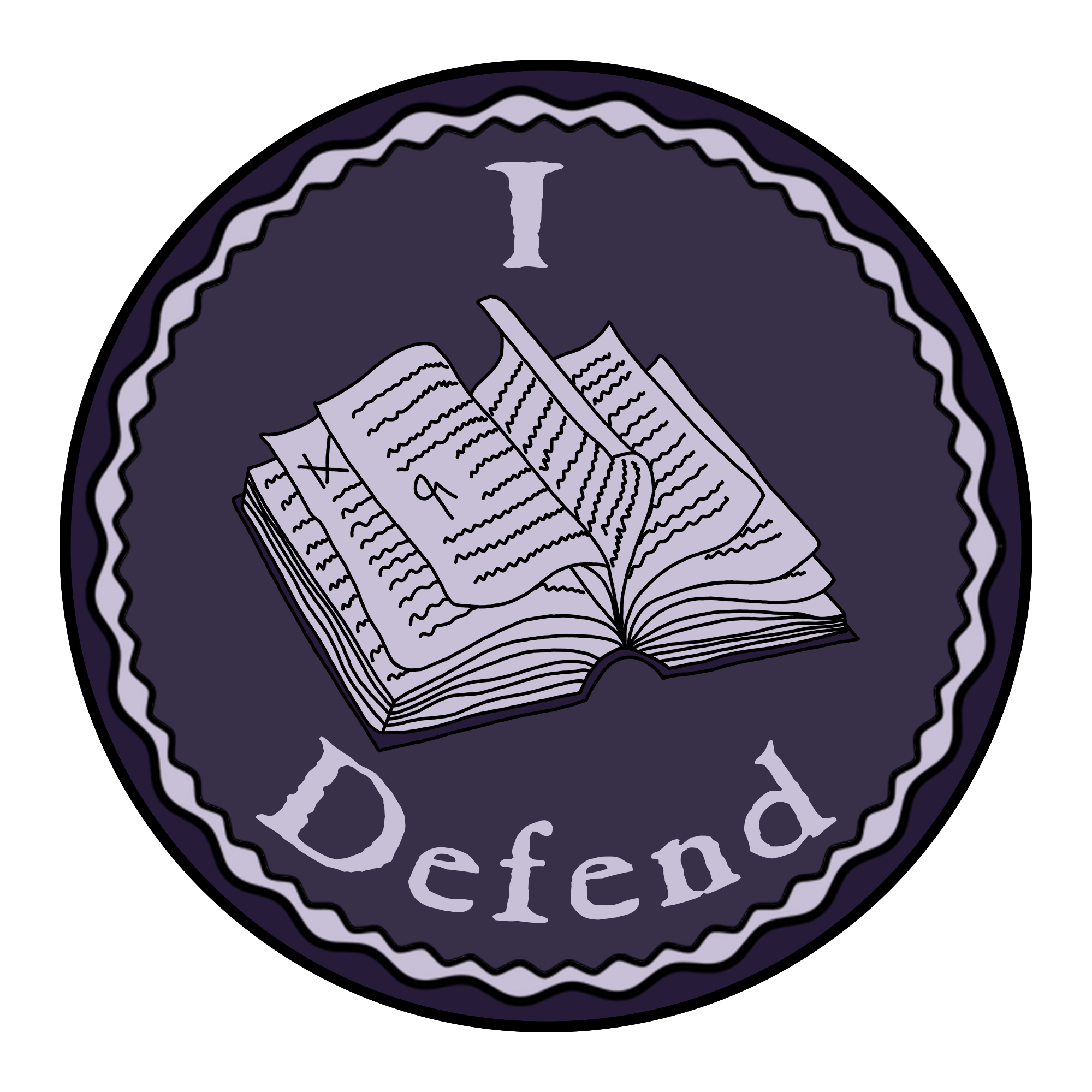
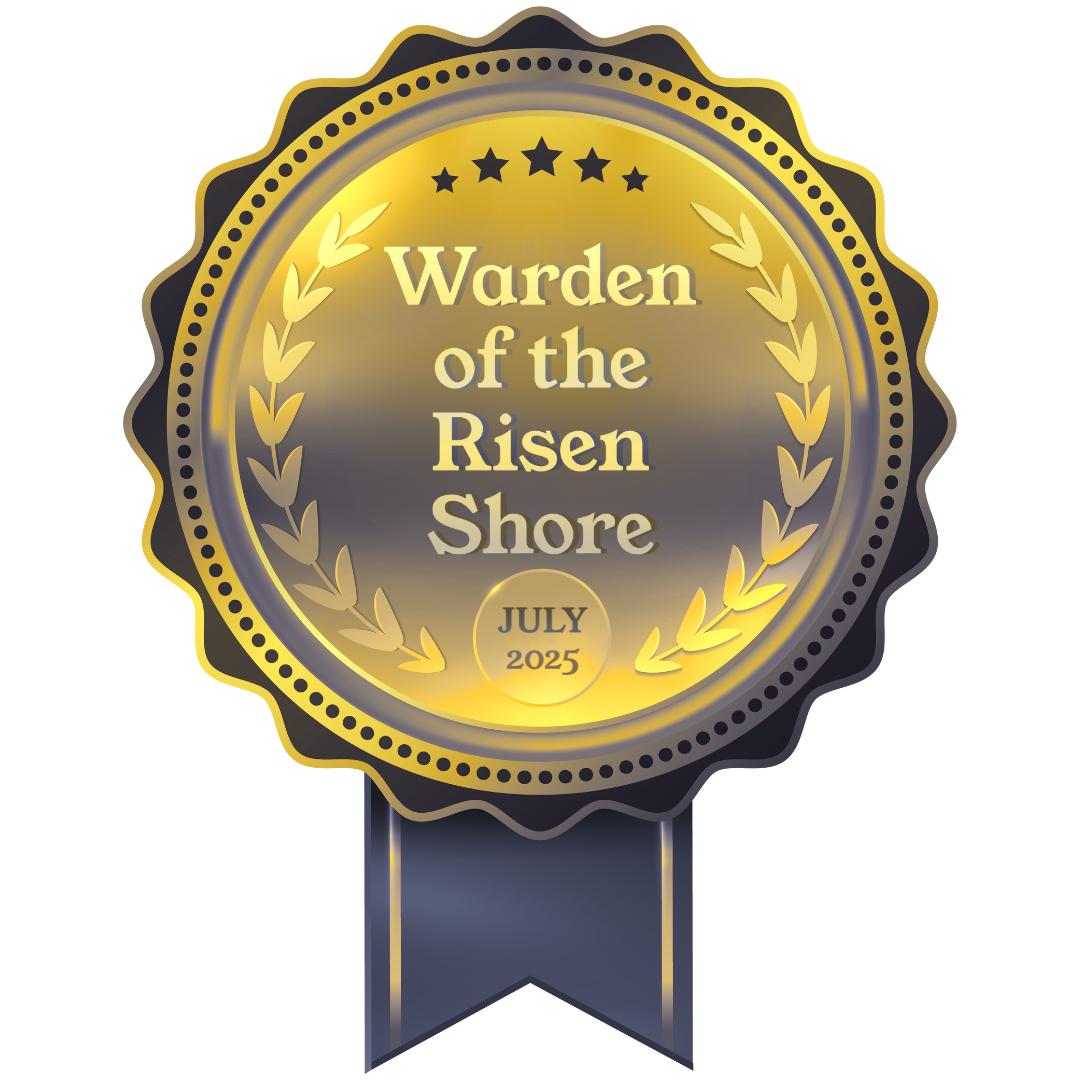
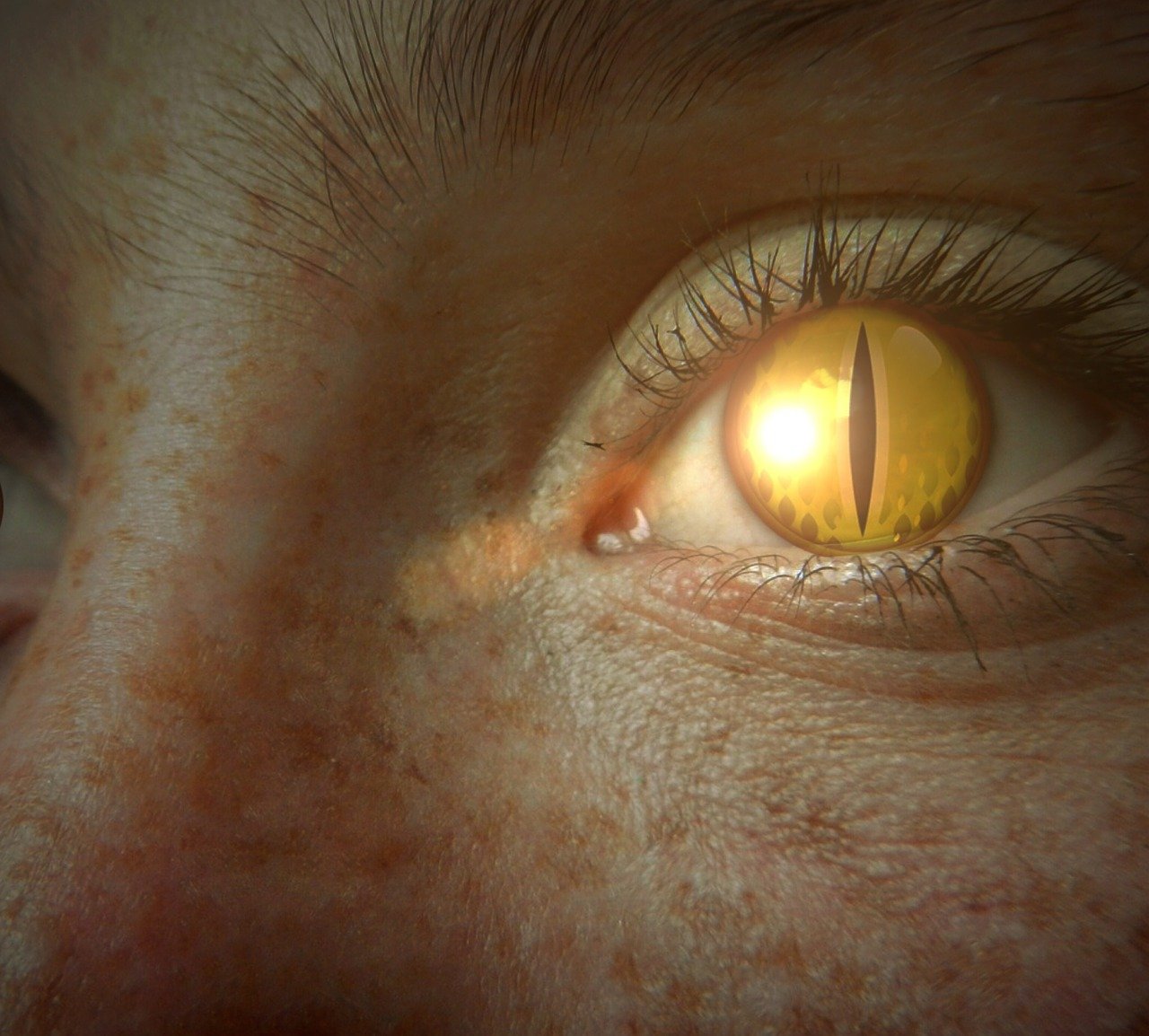
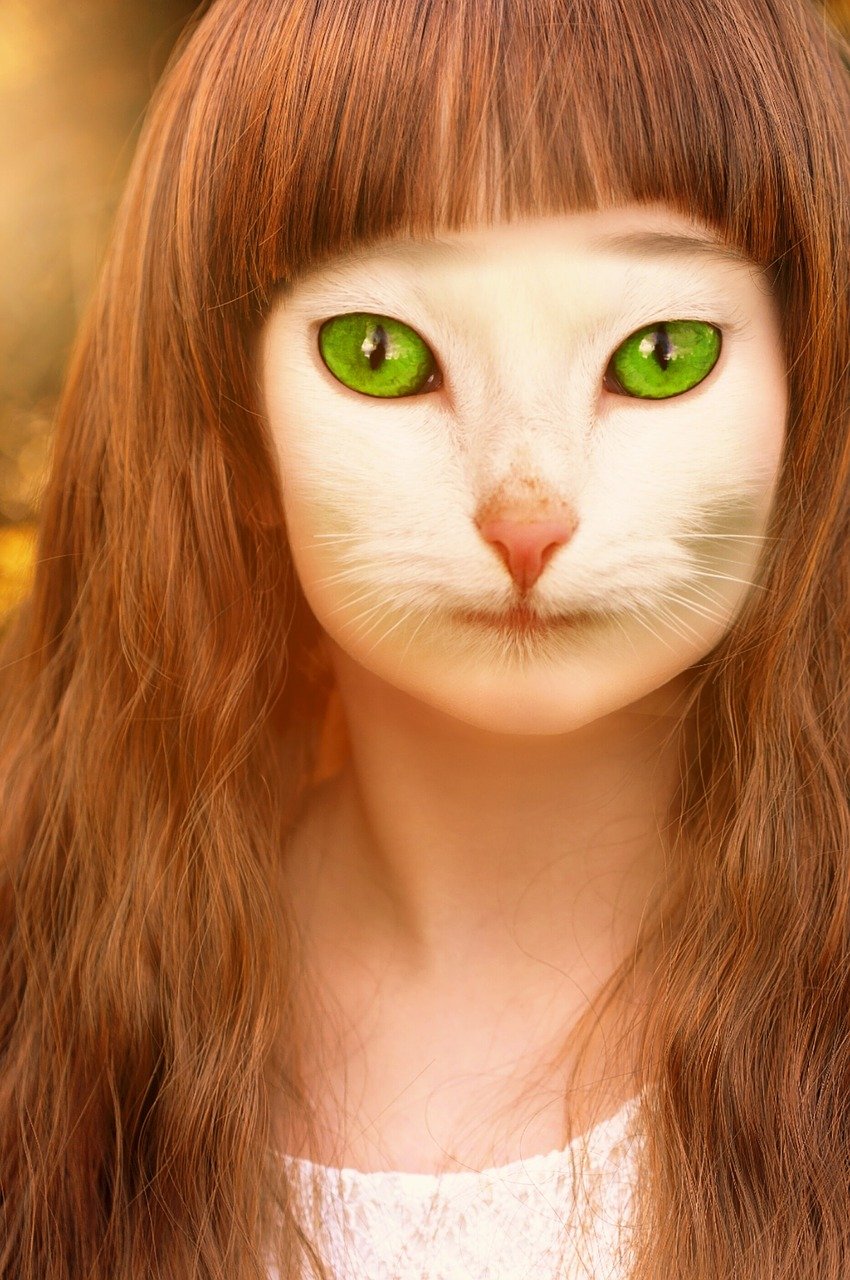
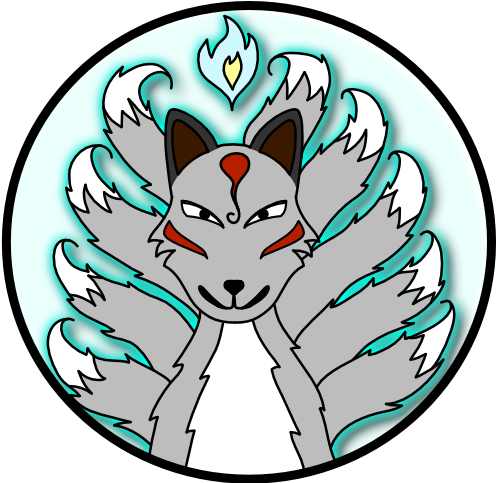
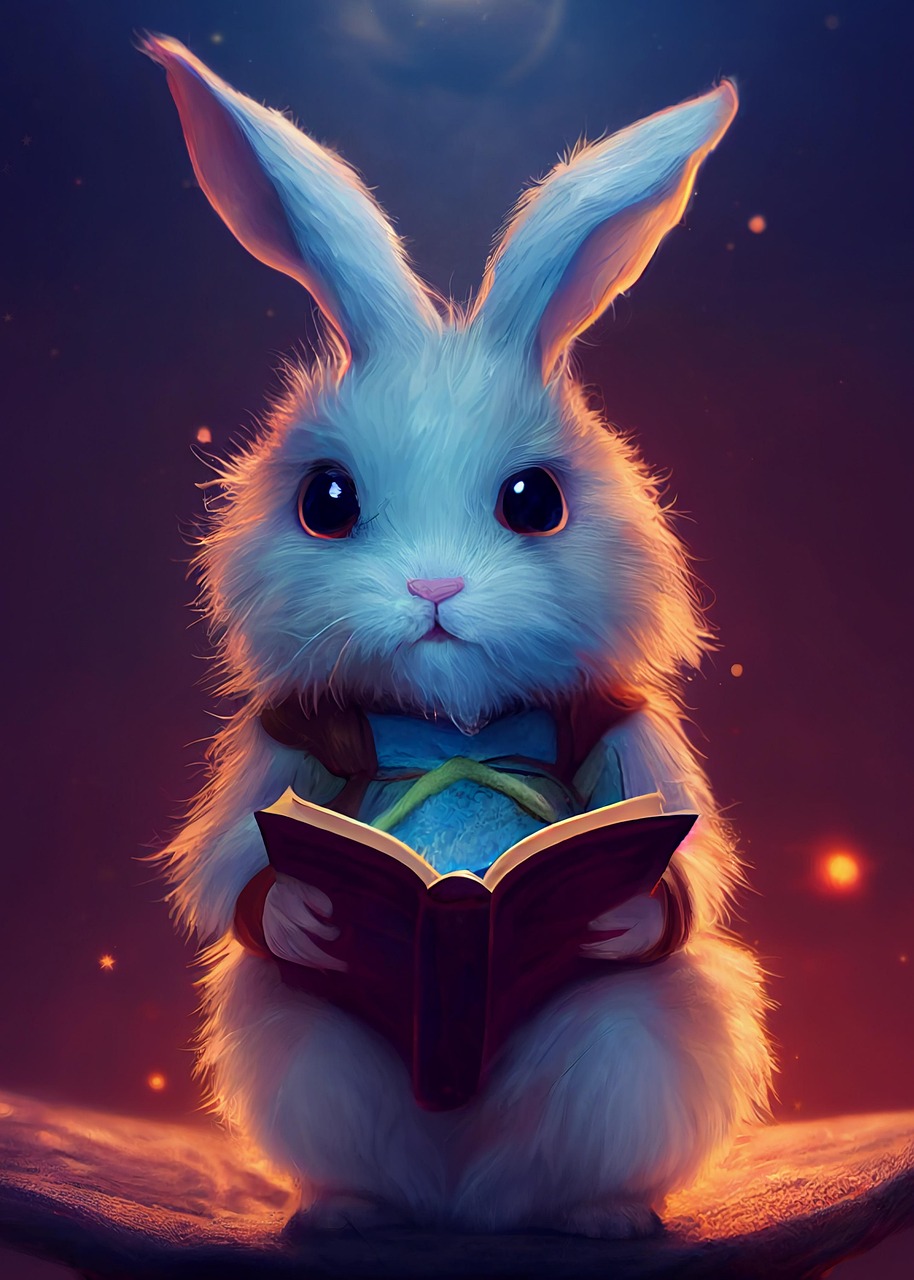
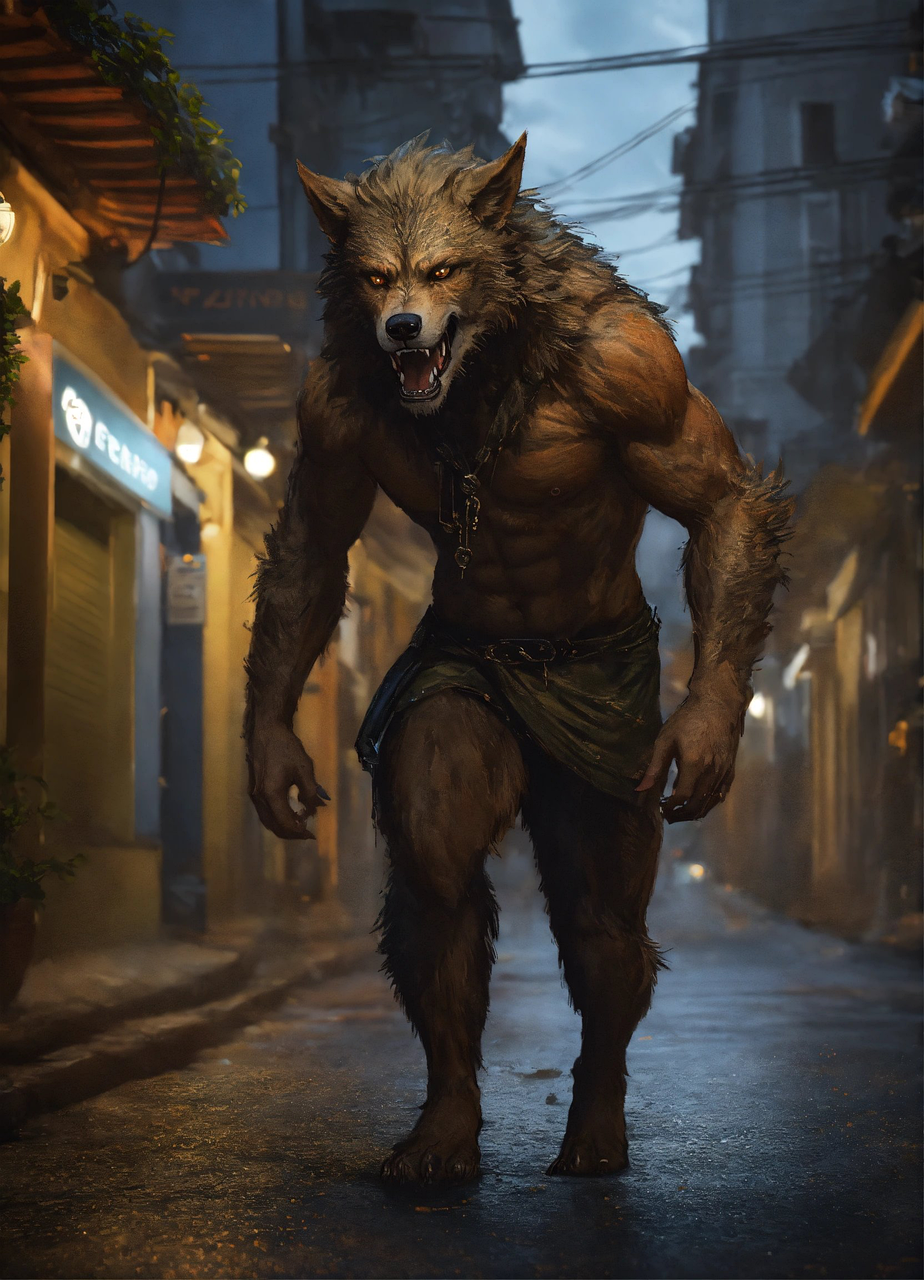



Comments